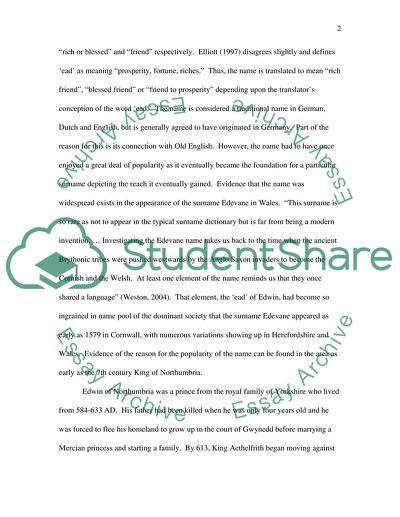Cite this document
(“My Name Edwin Essay Example | Topics and Well Written Essays - 1500 words”, n.d.)
My Name Edwin Essay Example | Topics and Well Written Essays - 1500 words. Retrieved from https://studentshare.org/miscellaneous/1536961-about-my-name-edwin
My Name Edwin Essay Example | Topics and Well Written Essays - 1500 words. Retrieved from https://studentshare.org/miscellaneous/1536961-about-my-name-edwin
(My Name Edwin Essay Example | Topics and Well Written Essays - 1500 Words)
My Name Edwin Essay Example | Topics and Well Written Essays - 1500 Words. https://studentshare.org/miscellaneous/1536961-about-my-name-edwin.
My Name Edwin Essay Example | Topics and Well Written Essays - 1500 Words. https://studentshare.org/miscellaneous/1536961-about-my-name-edwin.
“My Name Edwin Essay Example | Topics and Well Written Essays - 1500 Words”, n.d. https://studentshare.org/miscellaneous/1536961-about-my-name-edwin.


